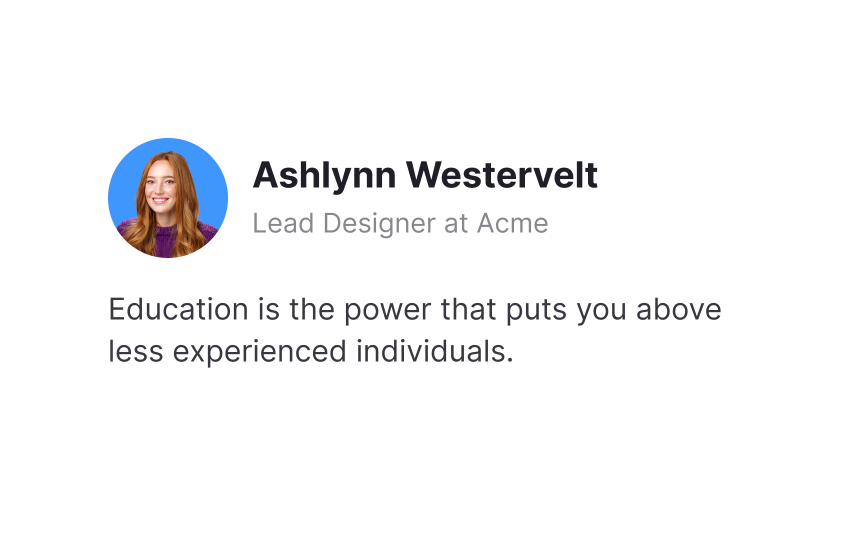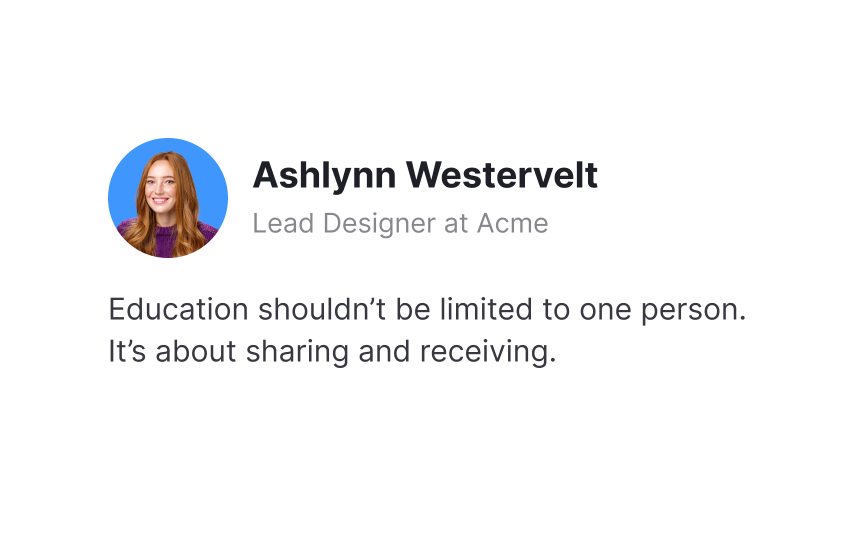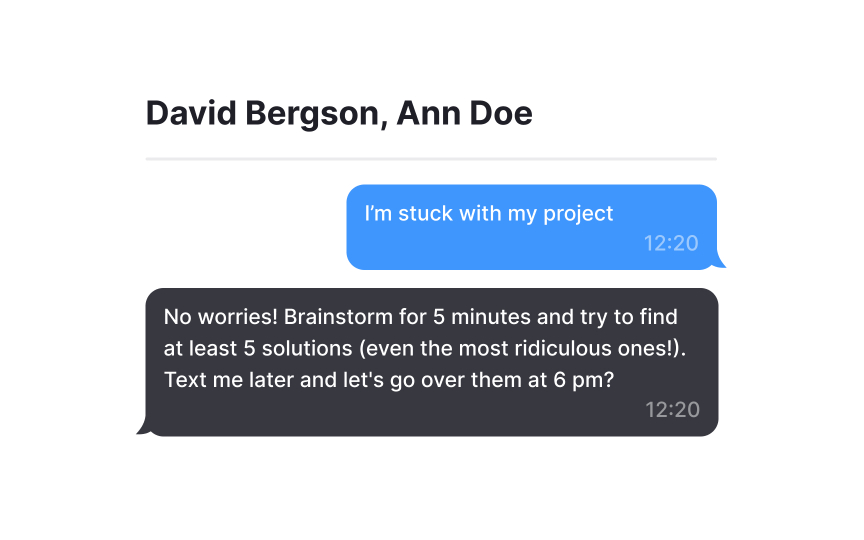How to Be a Great Mentor
Learn the key qualities and strategies to become a great mentor and make a positive impact on others' professional growth
If you’ve been thinking about taking on a guiding role in your industry, you’re probably wondering how to become a mentor in the first place. Before diving in, it is important to remember that contrary to popular opinion, mentorship does not only benefit the mentee. Being a mentor can be a rewarding experience in more ways than one. It can help you attain a sense of fulfillment by giving back to the community, improve your various communication skills, and round you out as a leader, among other things.
As nearly every professional would attest to, starting out in a new industry for the first time can be quite frightening and disorienting. There are so many things to learn, see, and do! Don’t you wish you’d had someone to guide you through all that unfamiliarity back then? As a mentor, you will get to be that someone for a beginner out there. You’ll hold their hand as they wade through the industry — just long enough so they learn to stride by themselves! If you possess a strong desire to teach and to pass on the knowledge that you’ve accumulated in your field without scorning at inexperience as a flaw, you are already halfway there to being a great mentor.[1]
“If you give a man a fish, you feed him for a day. If you teach a man to fish, you feed him for a lifetime." As a mentor, you have the power to change your mentee’s life by teaching them to fish instead of fishing for them. This means enabling a creative environment where your mentee learns to come up with innovative solutions by themselves. In other words, your guidance must set their wheels of thought in motion instead of presenting answers and solutions directly unless it is absolutely urgent and essential that you do so. This sets the stage for a lifelong habit of creative thinking in your mentee.
It is a mentor’s responsibility to be prepared to assist their mentee in the best way possible and help them grow into their full potential. However, this task is not always easy. You may not always know the answer to your mentee’s questions, you may be confused about the next course of action you want to suggest to them, or you may be unsure of what resources will benefit them. This is absolutely normal — mentors are not superhuman. Networking with other mentors can help tackle these shortcomings.
By collaborating with other mentors, you can:
- Get access to various pedagogical tools and methods
- Brainstorm your mentee’s roadblocks and find solutions
- Discuss the most helpful resources for mentees
- Be exposed to other mentees’ struggles and victories as inspiration
There is no other question as powerful as “why?” Being asked “why,” in general, tends to have a thought-provoking effect since it requires the person answering to explain themselves in a way that makes sense to the questioner. In fact, it will be the most frequently asked question from your mentees as they are usually eager to learn how everything works. This will, in turn, lead you to question the things you’ve been doing or the way things are in your industry from a completely new perspective, leading to immense learning and growth within yourself.
When deciding to be a mentor, you have to keep in mind that it involves a serious commitment of time from your end — this does not just involve the duration of the mentoring session but also the time you have to spend preparing for these meetings, for the review of your mentee’s work, and to provide feedback.
Sometimes, your mentee may also want to be in touch with you outside of meeting hours. So, decide well in advance how many hours a week you can set aside for mentorship-related activities in order to avoid letting down your mentee. Clearly communicating your availability can also help provide clarity to your mentee.
Being a mentor, you wield tremendous power in shaping the life of an individual. Use it wisely and in a way that builds them up. Criticism in your feedback is welcome, but make sure that it is constructive. Vague comments like “This is horrible work; do better” serve no purpose. They can hurt your mentee without giving them adequate reasoning or suggestions for improvement, and even lead to the termination of your
Instead, tell them what is great about their work and what areas they can improve. Provide actionable criticism in a polite and non-threatening way. Ultimately,
References
Top contributors
Topics
From Course
Share
Similar lessons

Share & Collaborate on Figma

Mentorship Program

























